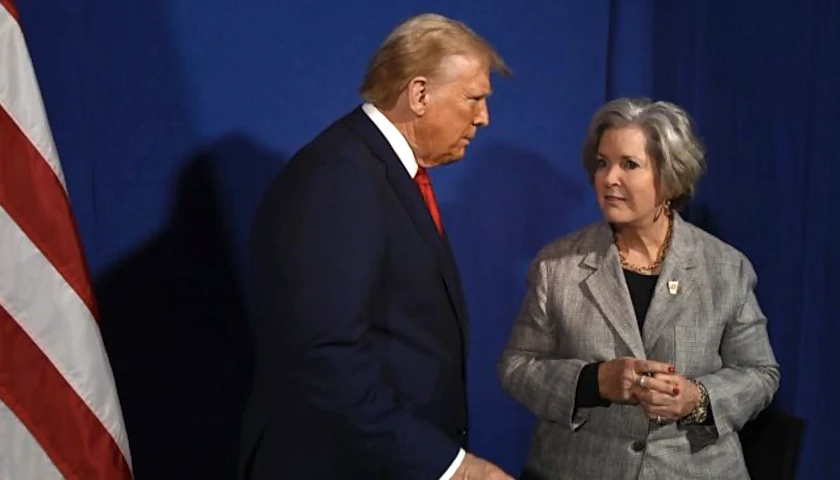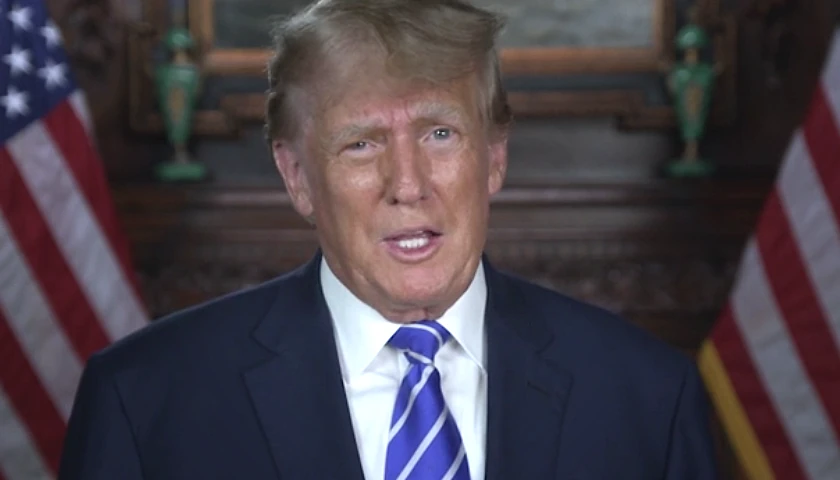by Will Kessler
The U.S. economy grew at a rate of 2.4% in the second quarter of 2023, according to gross domestic product (GDP) statistics released by the Bureau of Economic Analysis (BEA) on Thursday morning.
Real GDP increased by 2.0% in the first quarter of 2022 after being revised up from an initial estimate of 1.1%, according to the BEA. Economists expected the GDP would be around 2% in the second quarter of 2023, following high inflation and an interest rate increase from the Federal Reserve on Wednesday.
“That’s not great, but not terrible—at least in normal circumstances.” E.J. Antoni, research fellow at the Heritage Foundation’s Grover M. Hermann Center for the Federal Budget, told the Daily Caller News Foundation.
 “Virtually every economic indicator is pointing to recession, probably starting sometime around December,” Antoni added. “The Biden administration made a bad fiscal situation inestimably worse by stomping on the gas and further increasing the spending, borrowing, and printing of money by the government. That simultaneously caused 40-year-high inflation and crowded out private investment, both of which are starving economic growth.”
“Virtually every economic indicator is pointing to recession, probably starting sometime around December,” Antoni added. “The Biden administration made a bad fiscal situation inestimably worse by stomping on the gas and further increasing the spending, borrowing, and printing of money by the government. That simultaneously caused 40-year-high inflation and crowded out private investment, both of which are starving economic growth.”
Flash PMI shows anemic growth, lower but sticky inflation, manufacturing still living off backlogs; hiring persists but will come down as future expectations deteriorate; but remember that we're falling from a low level, not a peak – even a small drop puts us further below trend: pic.twitter.com/aH7YDb5ioK
— E.J. Antoni, Ph.D. (@RealEJAntoni) July 26, 2023
The Federal Reserve announced its 11th interest rate hike since March 2022 on Wednesday in an effort to reign in inflation, which, though decreasing, is still elevated above target levels. The federal funds rate currently sits at 5.25% to 5.50%, the highest since January 2001.
Inflation ticked down but remained well above the target range in June, increasing 3.0% on an annual basis compared to 4.0% in May, while Core CPI, which excludes energy and food, remained higher at 4.8% for the year in June, compared to 5.3%. Energy prices rose only 0.6% in June, showing a fall of 16.7% for the year.
The 2.4% figure is an advanced estimate and will be updated as additional data becomes available, according to the BEA.
– – –
Will Kessler is a reporter at Daily Caller News Foundation.




